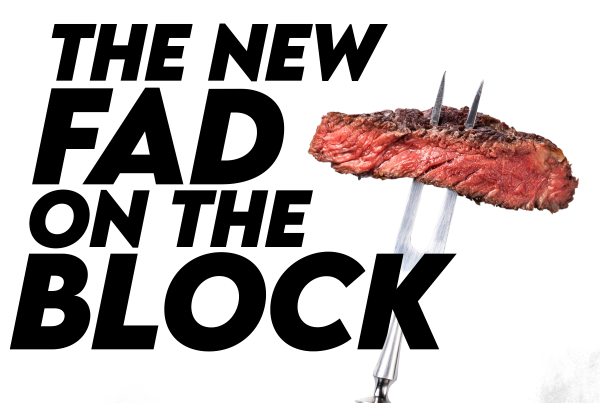A lack of willpower is often blamed for a failing diet, but sometimes people might feel like they’re really trying their best but just not seeing any results, this can be due to emotional eating. This can occur due to periods of stress or anxiety where people may binge on high-fat and sugary snacks to feel better, if just for a moment. Or they may do the opposite and avoid eating altogether and succumb to other disorders like bulimia, anorexia, and depression all of which are linked to emotional eating.
Overcoming emotional eating is no easy task, here we’ll be exploring situations where emotional eating can occur and steps you can take to prevent it.
- Boredom/procrastination-induced eating.
Boredom is a common trigger for unnecessary eating and often, can occur without us realising. Like boredom, procrastination can also result in randomised eating – I know this firsthand. I’ll have something important I’m meant to be doing but then, suddenly, I absolutely must whip up some pancakes before I can get started.
Try keeping a food diary to keep yourself accountable and stop those random, emotional cravings and stay on track.
- Social eating
Social eating can refer to infrequent situations such as office Birthday parties or a delicious Christmas lunch, which are perfectly acceptable indulgences.
Problems can arise however when you feel compelled to eat a certain way based on your current social circle, whether that be your friends/roommates or other family members in your household. If most of your social circle consistently consume foods high in fat and these foods are always on offer, it can be hard to break the cycle.
The solution can be as simple as electing to do your own grocery shopping, if you’re part of a household, or eating a healthy meal before you go out to prevent unnecessary binging.
- Comfort foods
We can all relate to comfort foods, one of the most well-known forms of emotional eating, comfort foods are foods we have essentially developed a relationship with. Comfort foods are often high in carbohydrates, sugars and/or fat and carry association to good times in the past, bringing on comforting feelings and nostalgia.
We all have a food that helps us unwind and brings back good memories, what’s yours?
- Stress
Eating to alleviate stress is another form of emotional eating, and can also be closely linked to comfort eating, but sometimes stress can cause a flat-out binge, rather than just a one-off indulgence. This is because during a period of high-stress our bodies can assume that we are about to fight or flight, causing an increased heart rate and the diversion of blood to larger muscles to increase strength.
This primitive process can then cause us to reach for sugary or high-carb foods to maximise our energy but unlike our ancestors, our stressors are generally work or relationships, rather than enemy combatants.
Without a physical release, all those carbs will go to our waistlines and cause even more stress!
It’s clear that conquering our bodies can often mean also conquering our minds and here at Fuel Your Life we are passionate about educating our clients about the link between diet and mental health so they can achieve the best results.
If you need support contact us today.
If you or anyone you know needs help with their own mental well-being call Lifeline on 13 11 14 or Beyond Blue on 1300 22 4636







